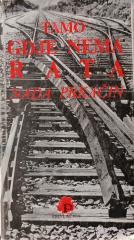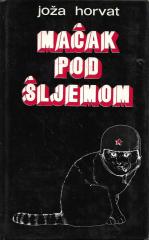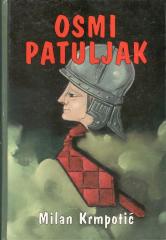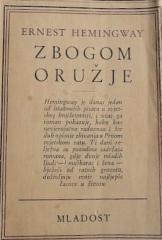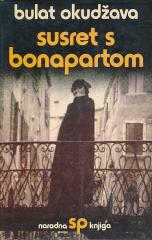
Ženski orkestar
Fanie Fénelons Roman „Das Frauenorchester“ ist eine Autobiografie, in der sie ihre Überlebenserfahrungen in einem Frauenorchester im Konzentrationslager Auschwitz-Birkenau während des Zweiten Weltkriegs beschreibt.
Fanija, rođena kao Fani Goldštajn, pariska kabare pevačica i članica Pokreta otpora, uhapšena je 1943. godine kao Jevrejka i deportovana u Aušvic, a kasnije u Bergen-Belzen. U logoru Birkenau, pod brojem 74862, pridružila se ženskom orkestru koji je vodila Alma Roze, nećaka Gustava Malera.
Orkestar, sastavljen od žena različitih nacionalnosti, svirao je za SS i zatvorenike, često pod prisilom, kako bi preživeo. Fanija, pijanistkinja i pevačica, opisuje užase logora - smrt, poniženje, glad - ali i crni humor, ljubav, mržnju i solidarnost među članovima orkestra. Roman istražuje moralne kompromise, tenzije između zatvorenika, uključujući antisemitizam nekih poljskih žena, i složene odnose sa nacistima, poput dr Mengelea. Muzika postaje sredstvo preživljavanja, ali i izvor duhovnog otpora.
Fenelon piše bez patetike, sa humorom i iskrenošću, beležeći traume i snagu duha. Iako su neki članovi orkestra, poput Anite Lasker-Valfiš, osporili njen portret Alme Roze i dinamiku u orkestru, delo je ostalo snažan dokument o Holokaustu, prevedeno na više jezika i adaptirano u film „Igrajući za vreme“ (1980).
Jedan primjerak je u ponudi
